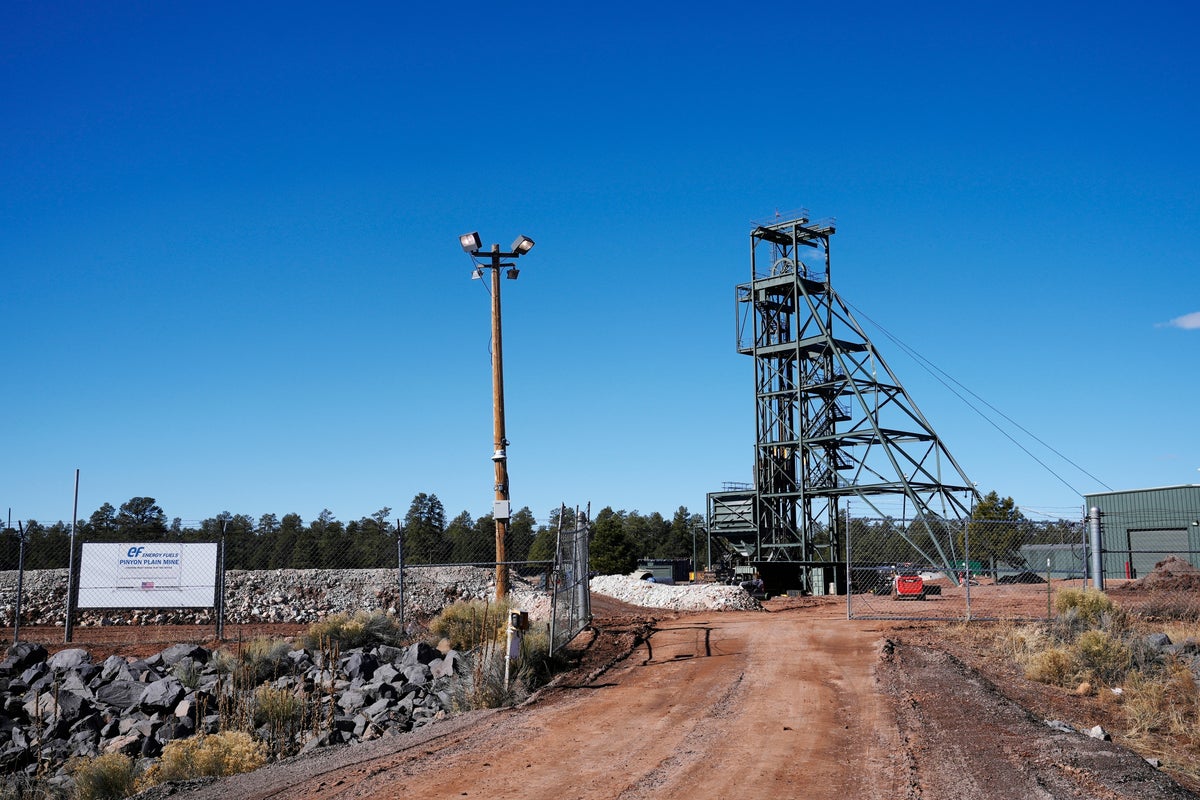A fossil fuel company’s $300m lawsuit against Greenpeace opens in rural North Dakota on Monday, in a case that has been widely condemned by constitutional rights experts as baseless, bad faith litigation that threatens free speech.
“This case is an emblematic example of a Slapp lawsuit – a way of weaponizing the legal system by wealthy and powerful people to silence their critics by dragging them through long, stressful, expensive litigation where winning is almost irrelevant,” said Kirk Herbertson, a New York based attorney and the US director for advocacy and campaigns for EarthRights International.
Energy Transfer is suing three Greenpeace entities, claiming that they are a single organization rather than independent members of the Greenpeace network.
The case threatens to bankrupt Greenpeace US, but the biggest impact could be a chilling effect on free speech and activism more broadly, according to environmental and civil liberty experts consulted by the Guardian.
More than 330,000 individuals and 430+ organizations including Amnesty International, the American Federation of Teachers and Indigenous Environmental Network have signed an open letter denouncing the lawsuit as meritless – and an attempt to rewrite history by claiming that Greenpeace orchestrated what was an Indigenous-led movement.































